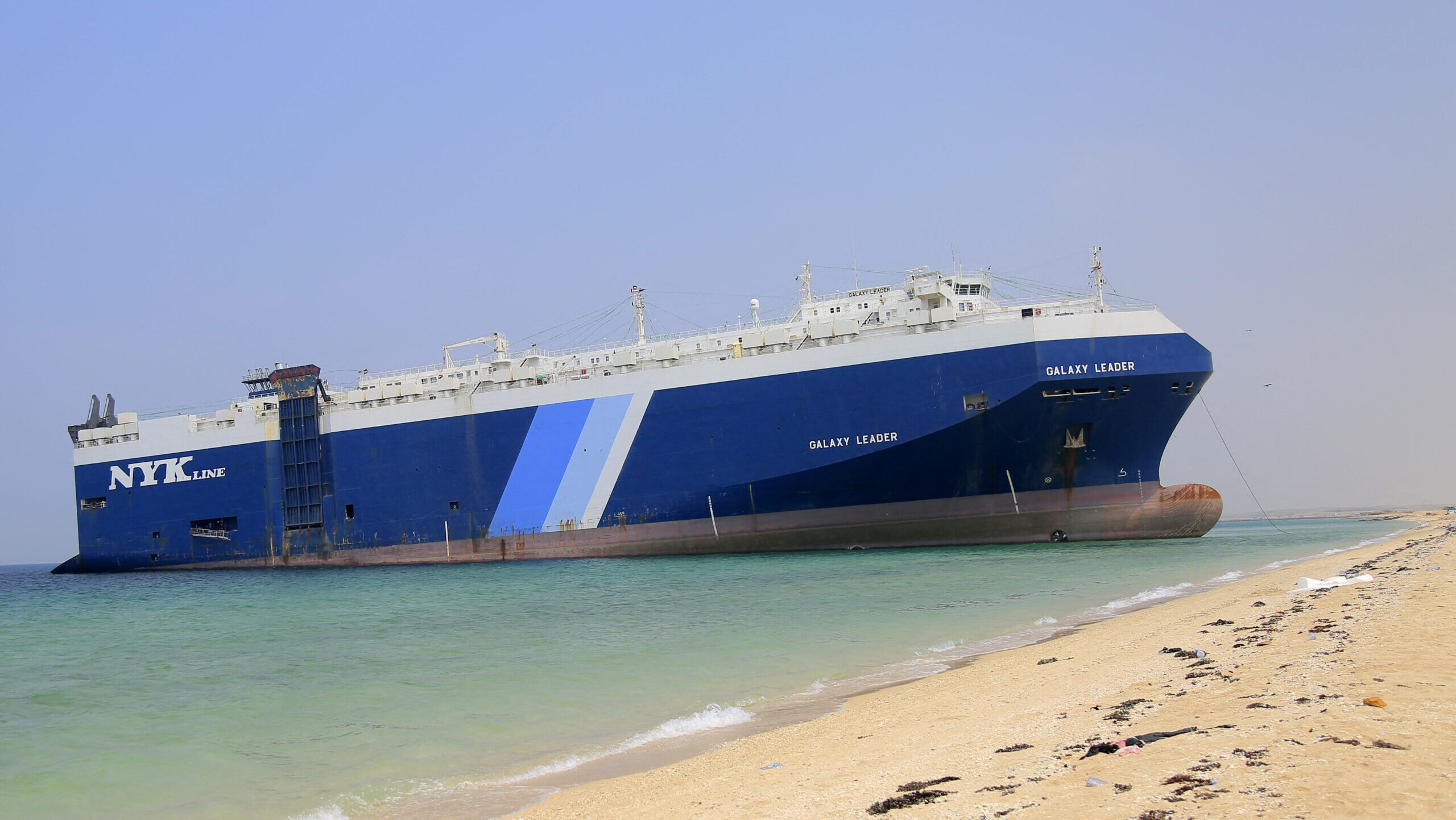Houthis Pledge To Continue Red Sea Attacks Despite Israeli Asset Sales
Yemen’s Houthi rebels on Sunday announced they would maintain a maritime blockade on Israeli vessels, claiming that Israeli shipping companies are transferring assets to non-Israeli owners to avoid detection.
“Intelligence information confirms that many companies operating in maritime shipping affiliated with the Israeli enemy are working to sell their assets and transfer their properties to other companies,” Houthi military spokesperson Yahya Sarea said in a televised statement, adding that the group would target any vessel currently or formerly linked to Israel.
Give the gift of hope
We practice what we preach:
accurate, fearless journalism. But we can't do it alone.
- On the ground in Gaza, Syria, Israel, Egypt, Pakistan, and more
- Our program trained more than 100 journalists
- Calling out fake news and reporting real facts
- On the ground in Gaza, Syria, Israel, Egypt, Pakistan, and more
- Our program trained more than 100 journalists
- Calling out fake news and reporting real facts
Join us.
Support The Media Line. Save democracy.


Over the past year, the Houthi movement, known as Ansar Allah in Arabic, has carried out a persistent naval campaign in the Red Sea and Gulf of Aden in support of allies Hamas in Gaza and Hezbollah in Lebanon.
As a key part of Iran’s regional anti-Western proxy network, the “Axis of Resistance,” the Houthis have significantly expanded their military capabilities and influence in the past year, according to a new report submitted to the UN Security Council on Sunday.
The 537-page report states that with financial and weapons support from Iran and its paramilitary Islamic Revolutionary Guards Corps-Quds Force, the Houthis have grown beyond a local northern Yemeni group and now carry out naval attacks at “a scale … unseen since the Second World War.”
The five-member expert panel from India, Egypt, Switzerland, Belgium, and Cabo Verde reported to the Security Council that Houthi fighter numbers have surged from 15,000 in 2015 to over 350,000 today and that the group may be forming links with al-Qaida factions in Yemen and Somalia.

